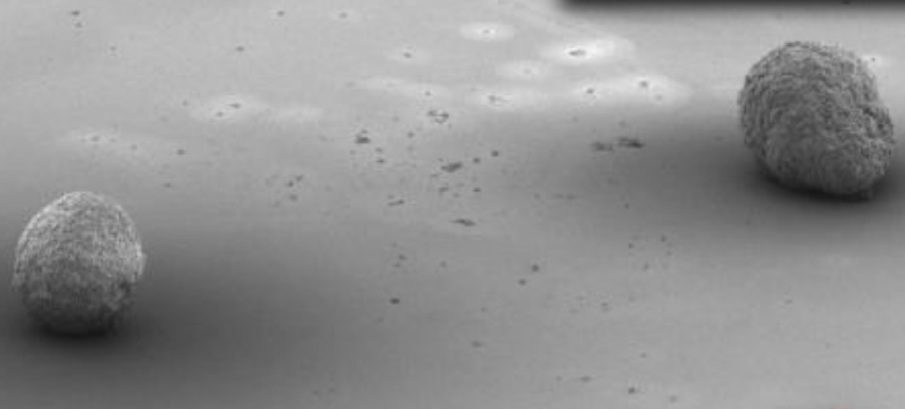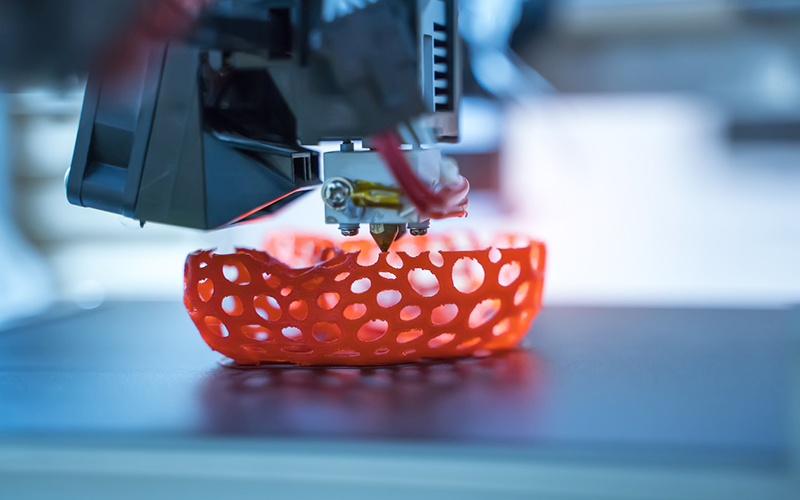TAMPINES, Singapore—Scientists at the Singapore University of Technology and Design (SUTD) report that they have 3D printed heart cells to control stem cell differentiation in embryoid bodies, which are stem cells packed into small cellular aggregates or spheres.
.
PhD student Rupambika Das and Assistant Professor Javier Fernandez 3D printed several micro-scaled physical devices with finely tuned geometries. They then used these devices to demonstrate an unprecedented precision in the directed differentiation of stem cells through the formation of embryoid bodies.
.
In their study, the researchers successfully regulated the parameters for enhancing the production of cardiomyocytes, cells which are found in the heart. These parameters included cell numbers, size and sphericity of the embryoid body.
.
“The field of additive manufacturing is evolving at an unrivalled pace,” says principal investigator Fernandez. “We are seeing levels of precision, speed and cost that were inconceivable just a few years ago. What we have demonstrated is that 3D printing has now reached the point of geometrical accuracy where it is able to control the outcome of stem cell differentiation. In doing so, we are propelling regenerative medicine to further advance alongside the accelerated rate of the additive manufacturing industry.”
Case Study: How PepsiCo achieved 96% cost savings on tooling with 3D Printing Technology
Above: PepsiCo food, snack, and beverage product line-up/Source: PepsiCo PepsiCo turned to tooling with 3D printing...





0 Comments